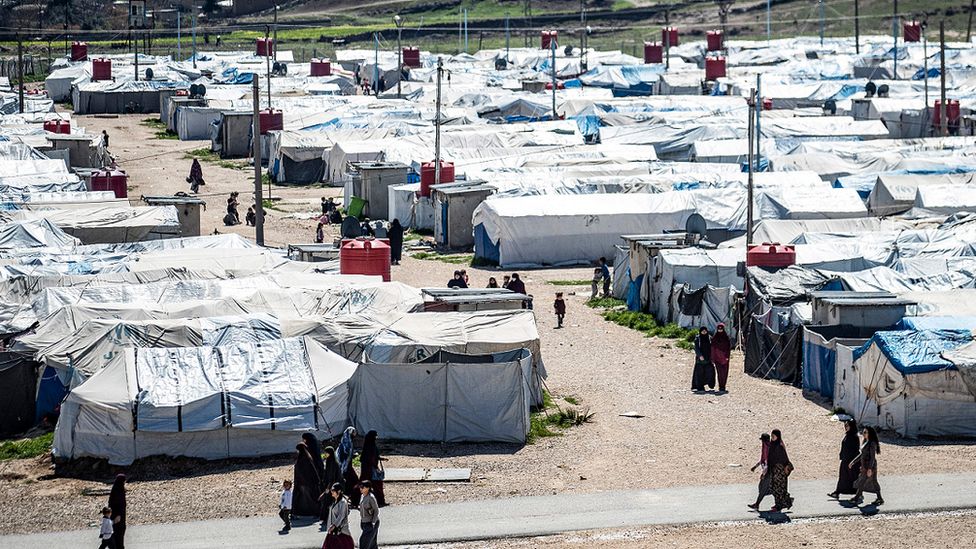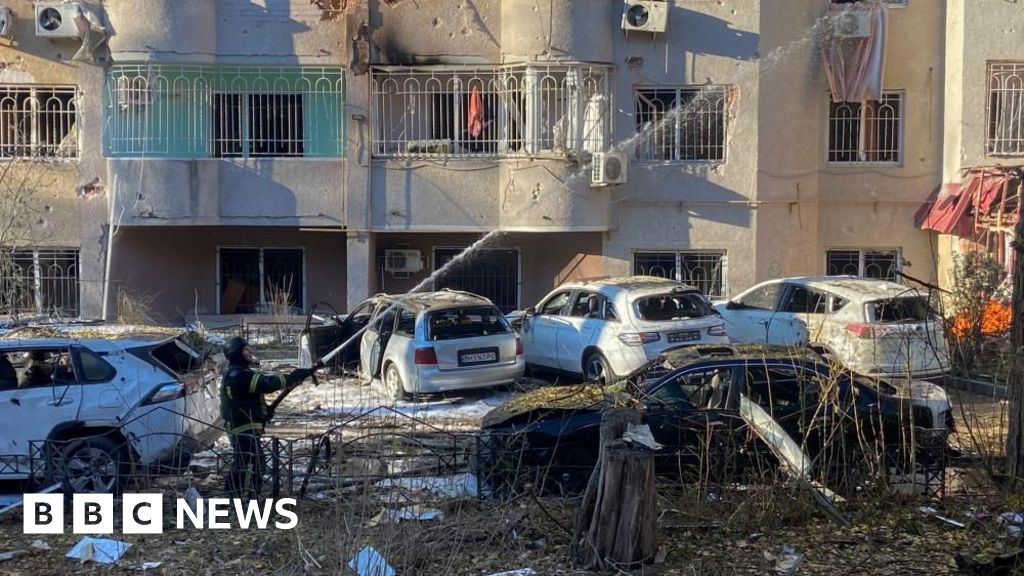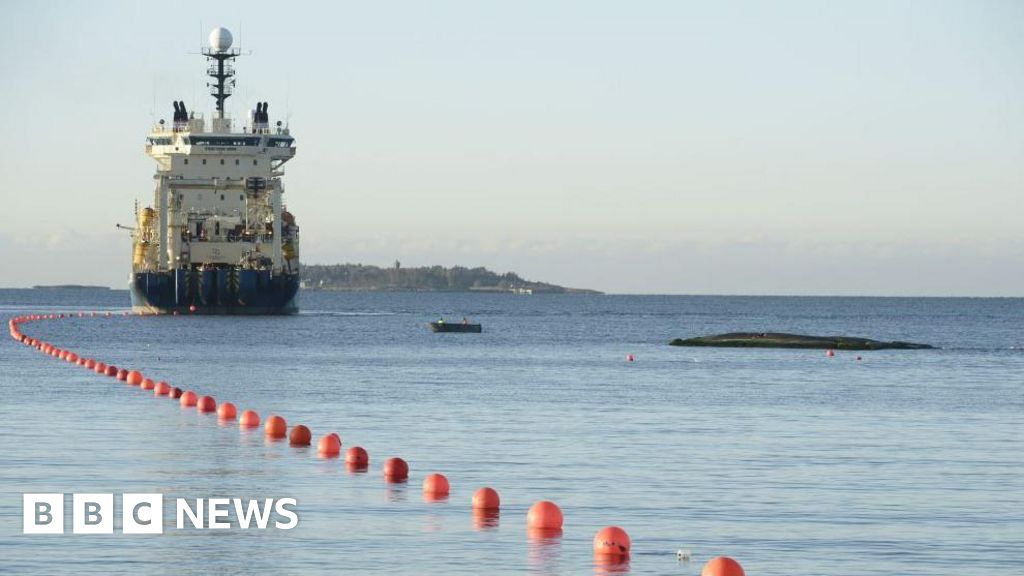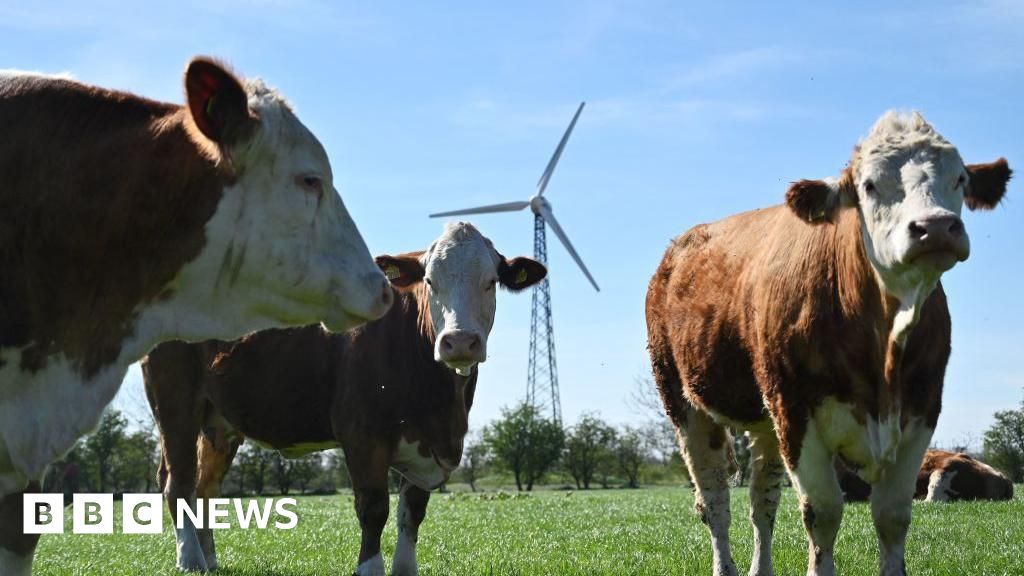ARTICLE AD BOX
 Image source, Getty Images
Image source, Getty Images
Thousands remain in camps - like Roj - under conditions 'amounting to torture', says the UN
Four women and 13 children who were family members of fighters of the Islamic State group (IS) have been repatriated to Australia.
The group arrived on Saturday having spent years in Syrian detention camps.
Some 60 Australians are to be repatriated, officials say.
Thousands of people who joined IS and families of those who died have been held in Syrian detention camps since IS was declared territorially defeated in Syria and Iraq in March 2019.
Australian women and children - the wives, sons and daughters of dead or jailed IS fighters - have lived in the al-Hol and Roj detention camps in Kurdish-controlled north-eastern Syria since then.
The UN warned earlier this year that those living in the camps were enduring conditions that amounted to torture.
The fate of the Australian citizens has been the subject of fierce debate, with the conservative opposition in parliament arguing they could pose a national security threat.
But Home Affairs Minister Clare O'Neil said the government had weighed a "range of security, community and welfare factors" before approving the repatriations.
"The decision to repatriate these women and their children was informed by individual assessments following detailed work by national security agencies," she said in a statement.
It follows similar repatriations by the US, Italy, Germany, France, the Netherlands, Belgium, the UK and Canada, the statement added.
Australia last repatriated citizens from a Syrian camp in 2019, under Scott Morrison's coalition government, when eight children and grandchildren of two dead Islamic State fighters were rescued.
The first group left the Roj refugee camp on Thursday and crossed into Iraq where they boarded a flight to New South Wales, state broadcaster ABC reported on Friday.
Kamalle Dabboussy's daughter was among the group.
Mariam, 31, had been "coerced" into travelling to Syria by her now-dead husband, he said.
Ms O'Neil said that "extensive support services" were being provided to assist the women and children.
But the Liberal-National opposition, led by Peter Dutton, has been critical of the repatriation scheme.
Mr Dutton described the move as not in the country's best interest, saying the women have mixed with "people who hate our country, hate our way of life".
Prime Minister Anthony Albanese said it was his government's priority to ensure the public was kept safe.

 2 years ago
22
2 years ago
22








 English (US)
English (US)